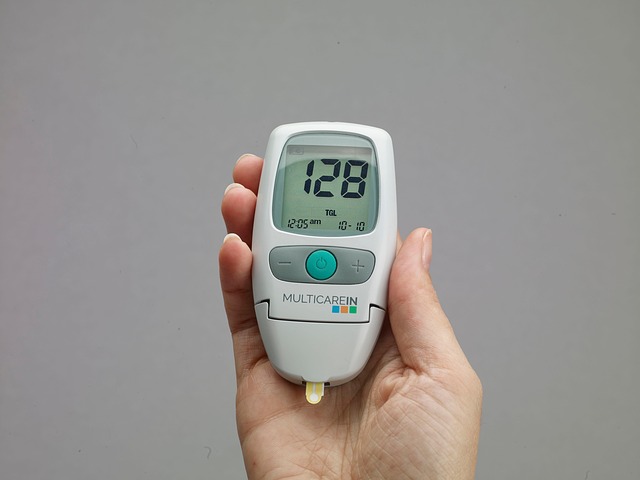Ferritin, a protein vital for regulating iron in the body, acts as a storage reservoir. It releases iron when dietary intake is low and causes deficiency when levels drop below optimal ranges, affecting blood cell production and oxygen transport. Testing ferritin levels is crucial for diagnosing iron deficiency, a global nutritional concern. In the UK, healthcare providers often combine ferritin tests with testosterone blood tests to assess overall health and hormonal balance, aiding in timely interventions. A simple arm vein blood sample determines ferritin levels (normal: 12-150 mcg/mL), with low levels indicating iron deficiency that may require dietary changes or supplements, sometimes complemented by a Testosterone Blood Test UK.
“Discover the power of a simple blood test that could transform your health: ferritin level checking. This article explores ferritin, a key marker of iron storage in the body, and its role in iron deficiency. We delve into the significance of testing, especially for individuals in the UK, where access to healthcare is essential. Understanding ferritin levels can help identify iron deficiencies early, guiding effective treatment options. For those considering a Testosterone Blood Test UK, this guide offers valuable insight into navigating ferritin testing, ensuring better overall health.”
- Understanding Ferritin and Iron Deficiency
- Why Test for Ferritin Levels?
- Ferritin Level Testing in the UK: What to Expect
Understanding Ferritin and Iron Deficiency
Ferritin is a protein that plays a vital role in storing and regulating iron levels in the body. It acts as a reservoir, absorbing excess iron during times of ample intake and releasing it when dietary intake is low. This essential process ensures a balanced iron status, which is crucial for various bodily functions. Iron deficiency, on the other hand, arises when ferritin levels dip below optimal ranges, leading to reduced blood cell production and oxygen transport efficiency.
In the UK, healthcare professionals often recommend testosterone blood tests alongside ferritin level assessments to gain a comprehensive understanding of an individual’s iron status. Testosterone itself is not directly related to iron deficiency, but it can be an indicator of overall health and hormonal balance. By combining these two types of tests, medical experts can better diagnose and address iron deficiency, ensuring timely interventions to prevent further complications.
Why Test for Ferritin Levels?
Testing ferritin levels is crucial for diagnosing iron deficiency, a common nutritional issue worldwide. Ferritin is a protein that stores and regulates iron in the body; low ferritin levels indicate insufficient iron reserves, often leading to anaemia. This simple blood test, available at many clinics and laboratories, offers a direct measure of iron status.
In the UK, where access to healthcare is readily available, a testosterone blood test UK may be part of a broader health assessment, but for iron deficiency, ferritin level testing is key. It provides valuable insights into an individual’s nutritional state, helping healthcare professionals make informed decisions about treatment and management strategies. This test is especially important for athletes, older adults, or individuals with specific dietary restrictions, as iron requirements can vary significantly across different demographics.
Ferritin Level Testing in the UK: What to Expect
In the UK, Ferritin Level Testing for iron deficiency is a straightforward process that involves taking a blood sample. This test is crucial in diagnosing iron deficiency anaemia, as ferritin is a protein that stores and releases iron in the body. During the test, a healthcare professional will take a small amount of blood from your vein, usually in the arm. The sample is then sent to a laboratory for analysis.
The results of a ferritin level test are typically available within a few days. In the UK, normal ferritin levels range between 12-150 micrograms per millilitre (mcg/mL). Levels below 12 mcg/mL suggest iron deficiency, which can lead to symptoms like fatigue, pale skin, and shortness of breath. If your test results indicate low ferritin levels, your doctor may recommend further tests or treatment options, including dietary changes, iron supplements, or other medical interventions, such as a Testosterone Blood Test UK, to address the underlying cause of iron deficiency.
Ferritin level testing is a crucial tool in diagnosing iron deficiency, a common yet often overlooked health issue. Understanding ferritin and its role in storing iron in the body is essential for accurate diagnosis and treatment. Given the availability of reliable Ferritin Blood Tests UK, it’s simpler than ever to check your levels and take control of your health. Remember, early detection through such tests can prevent more serious complications, ensuring a healthier future.
